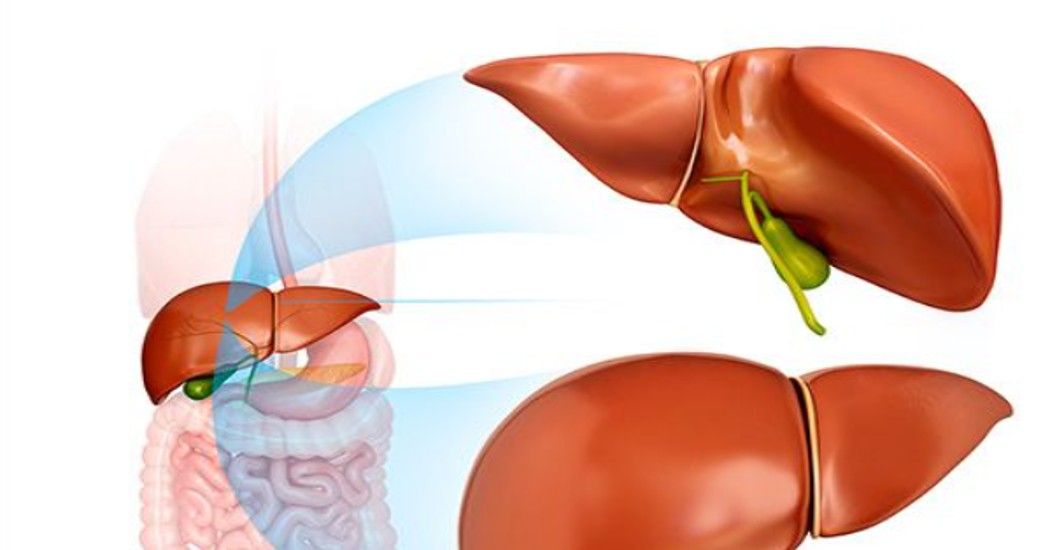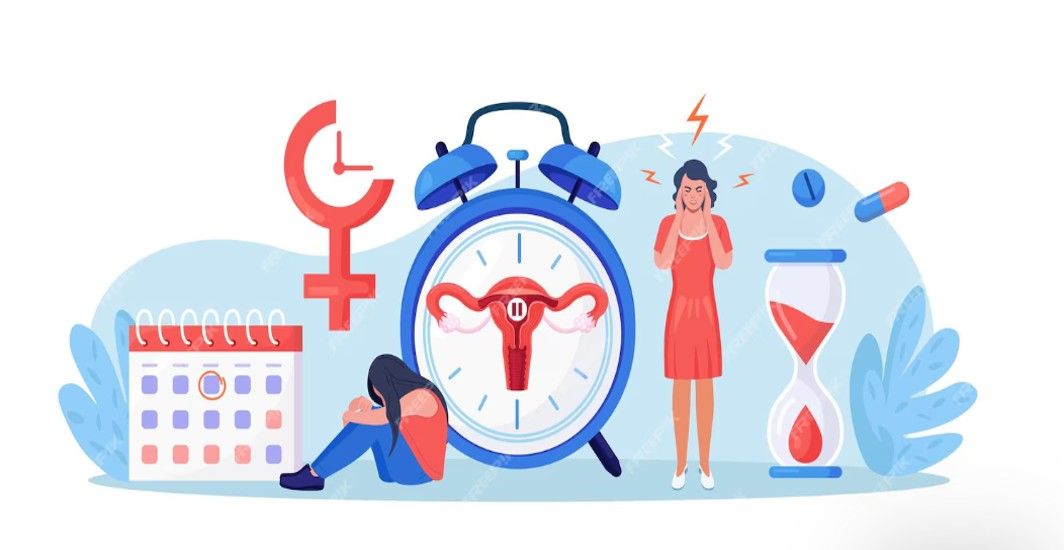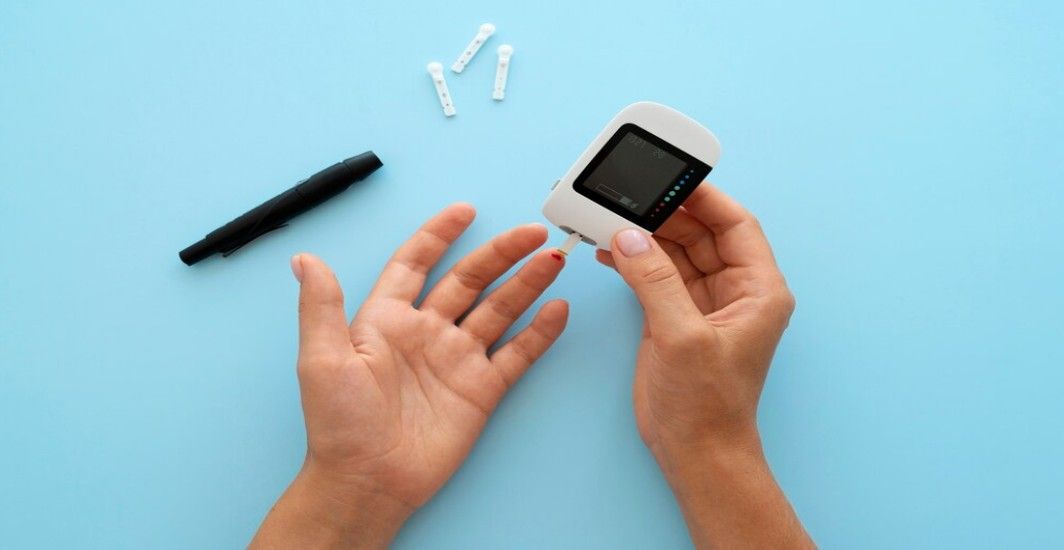Diabetes Management
Diabetes and Gallbladder Health: Understanding the Risks and Prevention
1 min read
By Apollo 24|7, Published on - 22 April 2024
Share this article
0
0 like

Understanding the link between diabetes and gallbladder health can seem like a complex task. To break it down, we delve into how diabetes influences gallbladder health, primarily focusing on the risk of developing gallstones. Let's unravel this connection and shed light on what you can do to manage it effectively.
The Overlap of Diabetes and Gallstones
Diabetes can inflame gallbladder problems, chiefly gallstones. This heightened risk is attributed to multiple factors such as obesity, high cholesterol levels and certain medications. The prevalence of obesity in diabetic individuals amplifies the probability of forming gallstones. Furthermore, those with high cholesterol or those under cholesterol treatment are more exposed to the risk of gallstone formation due to an increase in cholesterol in bile in the gallbladder.
Steps to Mitigate Risk
Proactively managing diabetes can pave the way toward preventing gallstones. Upholding a healthy, low-cholesterol diet and regulating weight are crucial preventive measures.
Symptoms and Complications
Gallstones can go unnoticed when they don't block the bile duct as they exhibit no symptoms and require no treatment. However, when they obstruct the bile duct, sharp abdominal pain often ensues. Other symptoms might include nausea, vomiting, fever or chills, and frequent indigestion problems. If left untreated, gallbladder issues like gallstones may lead to complications such as infection of the common bile duct (ascending cholangitis) or inflammation of the pancreas (pancreatitis).
There is a distinct association between diabetes and an increased risk of gallbladder problems. Efficient management of diabetes involves a balanced low-cholesterol diet and weight management, acting as a preventive measure against gallstones.
Diabetes Management
Consult Top Diabetologists
View AllLeave Comment
Recommended for you

Diabetes Management
A Guide to Diabetes Management during Menopause
Coping with diabetes while experiencing menopausal changes might feel like a challenge. However, with management strategies like frequent blood sugar checks, treatment adjustments, maintaining a balanced diet, and staying active, you can manage both effectively. Remember, Consulting a doctor always helps!

Diabetes Management
Identifying Prediabetes Risk Factors
Prediabetes is a wake-up call that signals an adjustment in your lifestyle choices. Understanding the risk factors such as being overweight, ageing, having a family history of type 2 diabetes, and certain ethnic predispositions can help you take proactive measures. With regular physical activity, a balanced diet, and regular check-ups, you can keep prediabetes at bay and lead a healthier life.
.jpg?tr=q-80)
Diabetes Management
Guava for Diabetes: Best Consumption Methods & Nutritional Info
With its low glycaemic index and load, Guava can be a beneficial addition to a diabetes-friendly diet. Consumption methods include eating the fruit raw, juicing, or making tea from the leaves. As with all foods, moderation is key. Combined with the personalized support from programs like Apollo Super 6, guava can make for a tasty and nutritious choice in managing your diabetes.
Subscribe
Sign up for our free Health Library Daily Newsletter
Get doctor-approved health tips, news, and more.
Visual Stories

8 Fruits That are Incredibly Healthy for Diabetes
Tap to continue exploring
Recommended for you

Diabetes Management
A Guide to Diabetes Management during Menopause
Coping with diabetes while experiencing menopausal changes might feel like a challenge. However, with management strategies like frequent blood sugar checks, treatment adjustments, maintaining a balanced diet, and staying active, you can manage both effectively. Remember, Consulting a doctor always helps!

Diabetes Management
Identifying Prediabetes Risk Factors
Prediabetes is a wake-up call that signals an adjustment in your lifestyle choices. Understanding the risk factors such as being overweight, ageing, having a family history of type 2 diabetes, and certain ethnic predispositions can help you take proactive measures. With regular physical activity, a balanced diet, and regular check-ups, you can keep prediabetes at bay and lead a healthier life.
.jpg?tr=q-80)
Diabetes Management
Guava for Diabetes: Best Consumption Methods & Nutritional Info
With its low glycaemic index and load, Guava can be a beneficial addition to a diabetes-friendly diet. Consumption methods include eating the fruit raw, juicing, or making tea from the leaves. As with all foods, moderation is key. Combined with the personalized support from programs like Apollo Super 6, guava can make for a tasty and nutritious choice in managing your diabetes.


